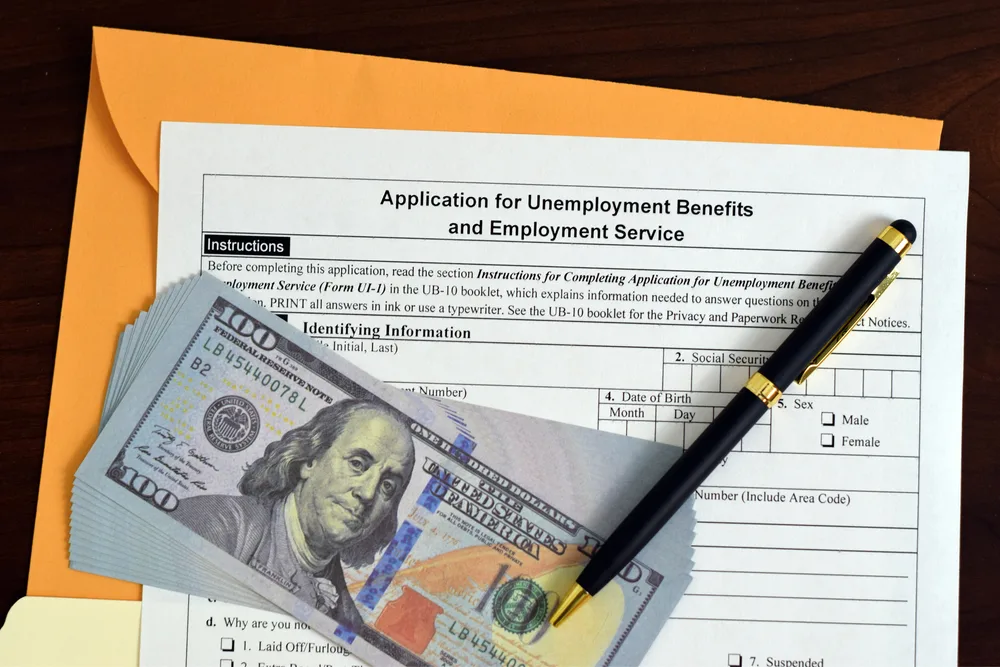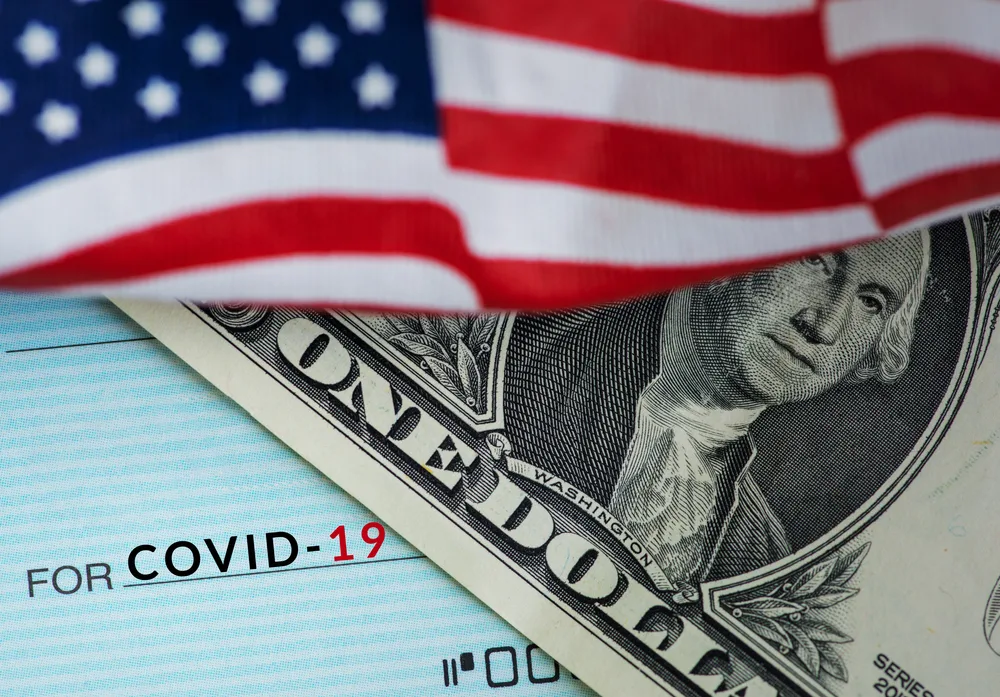
Direct deposit can be a great way to save money and time. Many financial institutions offer direct deposit services as a way for their customers to have their checks automatically deposited into their accounts.
With this method, you don’t have to consistently worry about depositing enough money in your account to make a payment or write a check.
Your money is deposited directly into your account and won’t leave until you choose to withdraw it. The added benefit of using direct deposit is that it cuts down on check writing, which can be time-consuming and expensive. You never have to go out and write additional checks if you do not need to.
Read on for more information on why you should use direct deposit as well as how it works in detail.
What is a Direct Deposit?
Direct deposit is when you have your paycheck deposited directly into your bank account. This is the most efficient method of receiving your income and can help you save time and money.
With direct deposit, you don’t have to go out to the bank or cashier’s branch and deposit your check.
The funds are automatically transferred to your account, and you don’t even know it happened. It sounds great, doesn’t it?
Unfortunately, not every bank offers this service, and not all employers offer it either. You also have to make sure you have the right information on your W-4 to ensure that direct deposit is an option for you.
Why You Should Use Direct Deposit
- No Penalties: One of the biggest benefits of using direct deposit is that there are no late fees. If you go to the bank to cash your check, they may charge a fee. Depending on the bank, the fee can be as much as $25. This fee can really add up over time so it’s important to avoid it at all costs. With direct deposit, there are no late fees.
- No Need to Write Checks: Another great benefit of using direct deposit is that you don’t have to write any additional checks. This is especially helpful if you are on a tight budget and have a large expense coming up. For example, if you have a car payment due soon, you don’t have to write an additional check. You can just have your payment deducted from your bank account.
- Easy to Track Spending: Another great reason to use direct deposit is that it tracks your spending. With paper checks, it is easy to miss a payment or forget to cash one when it arrives. By using direct deposit, it can help you keep your spending under control.
How Direct Deposit Works
Your employer sends your paycheck directly to your bank account. This is the same account you use to pay bills and make purchases.
Your bank then sends the funds to the account you designate on the account holder’s account. This could be anyone from Mom to the landlord.
Pros of Using Direct Deposit
- Don’t Need to Manually Deposit Your Paychecks: With direct deposit, you don’t have to think about depositing money before a bill debits your account. If you get paid on a weekly basis, you should see a weekly deposit automatically.
- No Risky Checking: Another benefit of using direct deposit is that you don’t have to use your savings account. If a scammer was to steal your savings, you would never have to worry about replacing them. With direct deposit, you have a secure account that you can use for regular spending.
- No Waiting for Checks: If your employer offers electronic pay, you don’t have to wait for a paper check to arrive in the mail. With direct deposit, you can have your pay deposited directly into your bank account.
Cons of Using Direct Deposit
- Not All Employers Offer It: Some employers only offer paper checks, which means you will have to use direct deposit. This could be a problem if you work in a field where you have to write checks. You will have to wait until the paper check arrives to make your money withdrawal.
- Your Money is Not Always in Your Hands: Some people prefer keeping cash on hand, in a safe place in their homes. If your bank account is ever compromised or lost, you may be responsible for the full amount. This is something to keep in mind if you have a fixed amount that you will be receiving each month.
Which Bank Should I Use for Direct Deposit?
If you have an account at a bank that offers direct deposit, you can often sign up by providing your bank’s information to your employer. You can usually keep using the same bank as long as they offer direct deposit. However, this could be problematic if you want to eventually switch to a different bank and have a different account.
You will want to make sure your deposit account at the new bank can accept direct deposit. If not, you will have to switch to another bank, create a new account, and set up direct deposit again.



